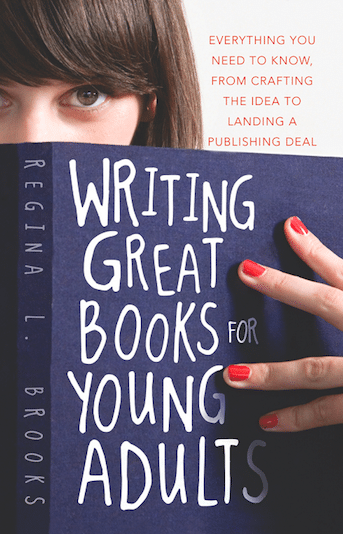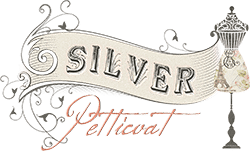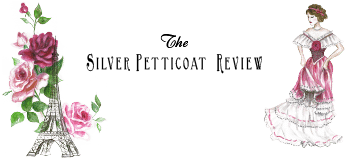
By Regina Brooks
I had an experience recently that gave me some insight into why we have young adult novels, and the great importance of them. I was talking to a coworker a few weeks ago, who was referring to when I was being hired and the decision making process they had gone through, etc. Anyways, when she referred to me in the third person, she referred to me as a “woman” who had been recommended by others to fill the position. Now, this may not seem odd to anyone hearing this story, but when she did this it struck a very strange chord in me.
I had never heard myself referred to as a woman before. It drove home the point that to the outside world I must appear to be an adult, which had not yet occurred to me. I certainly don’t feel anything like an adult. Or at least I imagine that feeling like I have officially made it to adulthood should feel different than it does. To be honest, I still feel like a mostly lost teenager pretending to be an adult just so I don’t have to sit at the kids table any longer.
This made me think about young adult novels and their whole purpose. Adolescence is such a fluid and strange period. When exactly do you become an adult? There is no set definition for this rather undefined period in one’s life. You are not a child, yet you are not yet an adult. I feel, at least, that I must still be in this period, because otherwise wouldn’t I know it? Wouldn’t there be some certainty of the fact that I am an adult? I don’t think age has anything to do with it. There are some twelve year olds more adult than certain forty year olds I know. What a strange place to be.
Hence the need for reading material that calls to this somewhat uncomfortable middle ground between being a child and being an adult. Many of our young adult novels these days are coming of age stories, exploring the process of going from childhood to adulthood. I think they help our youth to try and figure out this very question that I am wrestling with now. What experiences mold us into adults? How do we know when we are there and what does it feel like?
I recently took a class on the young adult novel, and the professor emphasized repeatedly the lack of clarity in defining what an adolescent or young adult is. Most of what we use to define what a young adult is are the things that actually define what they are not. A young adult is not aloud to drink, or join the military, doesn’t own a home, doesn’t have a steady career, etc. But we haven’t actually been able to pin down what exactly a young adult is. To be defined by what one is not is rather confusing, don’t you think? And, I would argue that someone can have some of those prerequisites for being an adult and still be an adolescent or young adult.
Obviously, if I am wrestling with the question myself, I don’t have the answer. But, I do think it is an interesting conundrum to ponder. So, what do you think? Tell me your thoughts on what young adulthood means and when exactly it ends. I think you’ll be surprised at how difficult it is to find a definite answer.
What does young adulthood mean to you? Can you answer my question? Sound off below…
RELATED
Here’s another thing to ponder in Oscar Wilde: No Ordinary Romantic.
Take a gander at the question in the post Reader’s Block.
ARE YOU A ROMANCE FAN? FOLLOW THE SILVER PETTICOAT REVIEW:
 Our romance-themed entertainment site is on a mission to help you find the best period dramas, romance movies, TV shows, and books. Other topics include Jane Austen, Classic Hollywood, TV Couples, Fairy Tales, Romantic Living, Romanticism, and more. We’re damsels not in distress fighting for the all-new optimistic Romantic Revolution. Join us and subscribe. For more information, see our About, Old-Fashioned Romance 101, Modern Romanticism 101, and Romantic Living 101.
Our romance-themed entertainment site is on a mission to help you find the best period dramas, romance movies, TV shows, and books. Other topics include Jane Austen, Classic Hollywood, TV Couples, Fairy Tales, Romantic Living, Romanticism, and more. We’re damsels not in distress fighting for the all-new optimistic Romantic Revolution. Join us and subscribe. For more information, see our About, Old-Fashioned Romance 101, Modern Romanticism 101, and Romantic Living 101.
